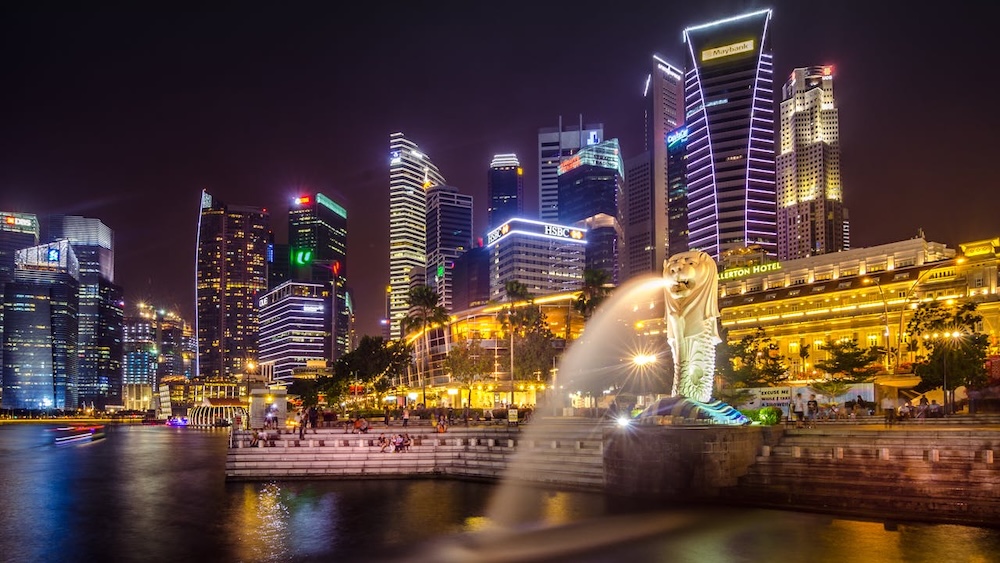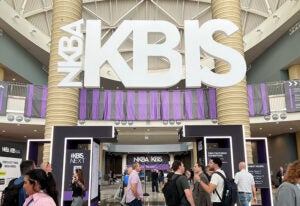


Singapore was the setting for PCMA APAC’s the Business of Events.
I traveled to Singapore in mid-April for PCMA APAC’s the Business of Events, where, for two-and-a-half days, a global audience of event professionals gathered with experts from within and outside of our industry to share ideas, discuss strategy, and grapple with the complexities of our current environment.
And, for a few meditative minutes before the closing keynote, participants closed their eyes and hummed in unison, accompanied by singing bowls and the Aboriginal Australian wind instrument, the digeridoo. The fact that people from more than 30 countries, many of them strangers to one another beforehand, could so quickly lower their guards and engage at that level of trust is remarkable, yet it is something that happens every day in our industry.

Sherrif Karamat, CAE, President CEO, PCMA and CEMA
We often say that we are in the relationship business, which is true. But all business depends on relationships, and more specifically on trust. More than 50 years ago, economist and Nobel Laureate Kenneth Arrow noted that “virtually every commercial transaction has within itself an element of trust.” Years of data collected by the international research project,the World Values Survey, bear that out: In countries where residents report stronger levels of trust in people in general, there is a positive relationship with a higher per capita GDP. The reverse also is true — lower levels of interpersonal trust are linked to lower economic growth.
Trust, however, is in short supply. In its 2025 report, another global yardstick, the Edelman Trust Barometer, indicated that “a multi-decade erosion of trust in institutions has turned into an avalanche.” As trust in institutions — including media, government, NGOs, and business — has declined, so has most people’s confidence that they can trust the information they encounter. Nearly two-thirds of survey respondents said they find it difficult to differentiate between news from a reliable source and disinformation.
In this scenario — and in the midst of the challenges facing us — there are tremendous opportunities for business events to be platforms that restore trust. We know that our events serve as a channel for building strong relationships between people of all ages and nationalities. And if more evidence for the positive influence of in-person events on trust and its impact on business is needed, it can be found in the 2025 Freeman Trust Report, released in March. While 70 percent of brands saw a decline in their reputation in the past year, 95 percent of event participants reported that they trust brands more after engaging with them at an in-person event.
The disruptions and uncertainty of the last few months have been enormously challenging and are likely to continue. But we can be sure that ours is an industry that can make a difference, helping to create the kinds of connections that lead to positive social change and economic growth.
‘Working Without a Rule Book’
“Staggering” and “sweeping” are two of the words we chose to describe the many changes brought by the first few months of the current U.S. administration in our cover story, “Meetings in Flux.” Along with the results of an online pulse survey taken in April, we talked to event industry professionals about how they are making sense of and adapting to this very uncertain time.








